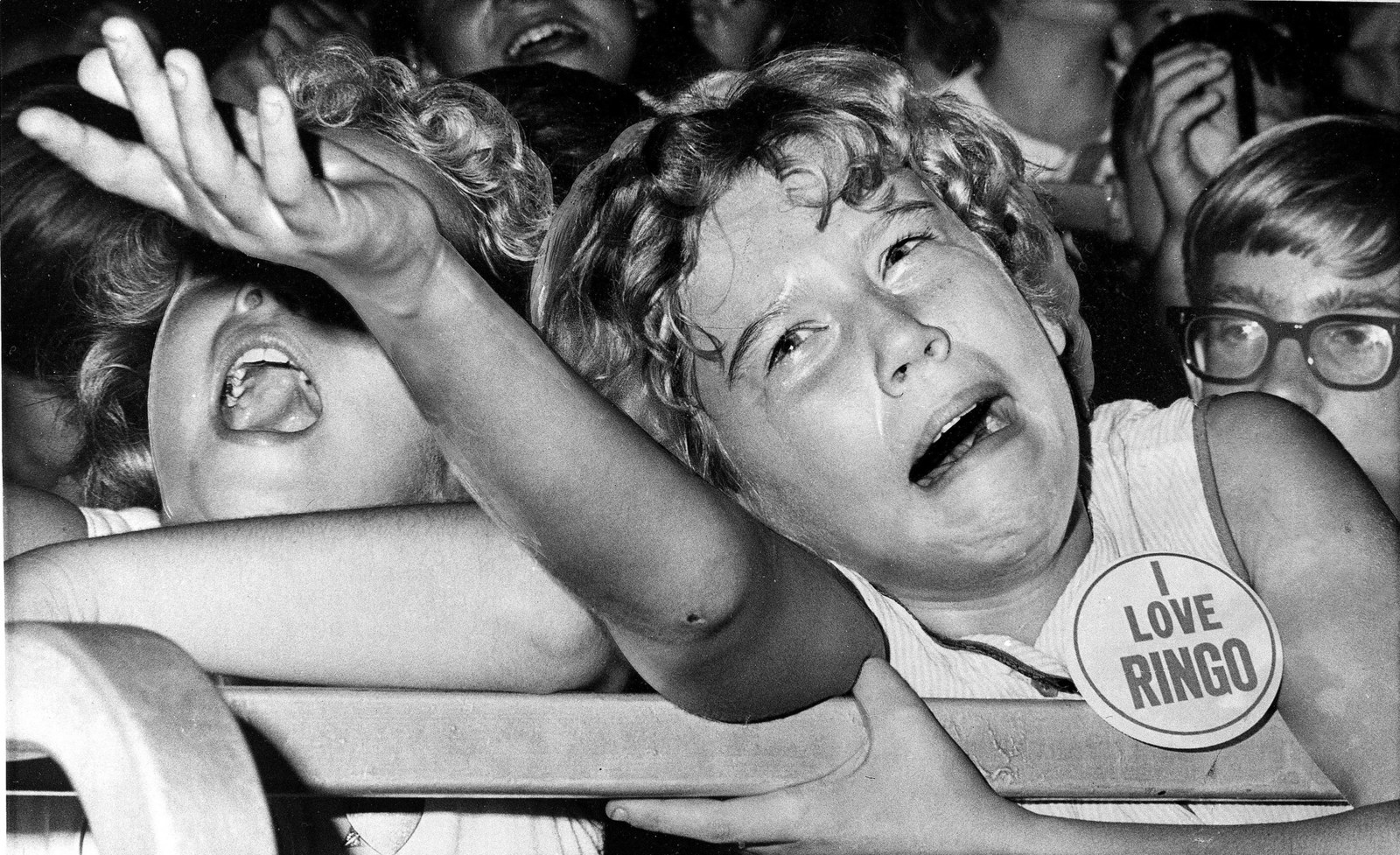Imagine being approached on the street by a stranger, someone who has read everything you ever wrote online, seen every photo and video, and so on; this is someone you’ve never met before, who seems to believe that you’re both old friends.

There’s a vast disparity between the information they have about you — and the information you have about them.
I know at least one person who experienced this once, and that was when they decided that they would never bother with social media again.
There is great promise in being public on the internet. There is also peril, because as you can imagine, just how many people out of billions might find you fascinating — perhaps many millions — and with some of them, you might never know just how fascinated they are until they show up on your doorstep during a psychotic break.
Tim Ferriss’ recent post on reasons not to become famous describes strange behavior worse than this. He also emphasizes, there is a lot of good to the public life he’s led; but the article focuses mostly on the negative:
- Stalkers.
- Death threats.
- Harassment of family members and loved ones.
- Dating woes.
- Extortion attempts.
- Desperation messages and pleas for help.
- Kidnapping.
- Impersonation, identity theft, etc.
- Attack and clickbait media.
- “Friends” with ulterior motives.
- Invasions of privacy.
Let’s focus on one of the patterns, the aforementioned presumption of familiarity.
The term ‘parasocial relationship‘ describes this kind of dynamic, where a person assumes unwarranted familiarity with a public figure — whether online, on TV, or what-have-you.
The term was coined in the late 50s. Recall the screaming crowds around The Beatles? [note: Yes, I know The Beatles came along in the 60s.] The fainting and gesticulations may not make sense to us at a glance, but imagine being a youth and finding The Beatles as a glimmering hope in an otherwise dismal media landscape. You see them on TV only sometimes — you certainly can’t watch hundreds of hours of on-demand video about them. It’s no wonder you might freak out on sight.
There’s something wonderful about this, but of course, without the checks and balances of polite society, it can be a major issue. Now, as we wade deeper into a tumultuous phase for civilization, and American life (at least) seems more isolated than ever, it seems we are creating the conditions for the amplification of some negative patterns associated with this dynamic.
Is it possible to address this out front? Let’s say you are a rising star on the internet. Is it possible to address parasocial relationships, explicitly exploring the topic with your audience, encouraging them to cultivate in-person, face-to-face relations in their lives? Absolutely.
Imagine a new generation of public figures, working together to methodically amplify and affirm the cultivation of in-person relationships among their audiences and the communities of which they are apart.
Imagine the social media world augmenting, not replacing, the social lives of our youth. Right now it seems that too many are interacting almost exclusively through mediated experiences, rather than in-person. Does this not make us more fragile as a society? (Consider how social media use can give way to risk aversion. We need risk takers!)
I only have so much time to make this note today, but I would like to emphasize that I think this is possible explicit address of this social dynamic can be done, and I think it can be a net pro-social development.
Peace through understanding.
Do we really want to be so attached to one-sided relationships like this? Upon reflection, of course not. Yet we may not understand that this is what is happening, particularly in social isolation.
This is one of the terrains we must navigate today, together.